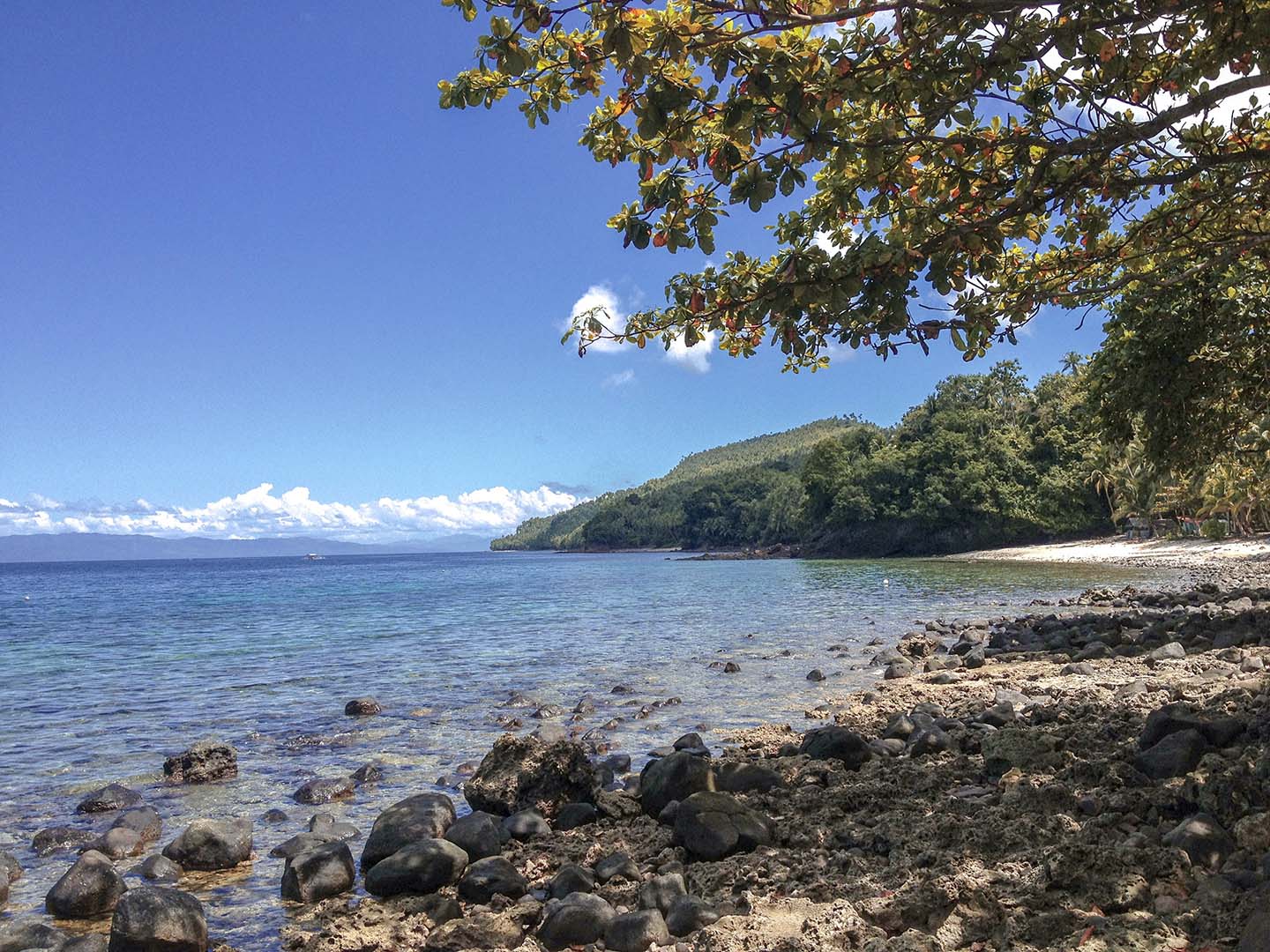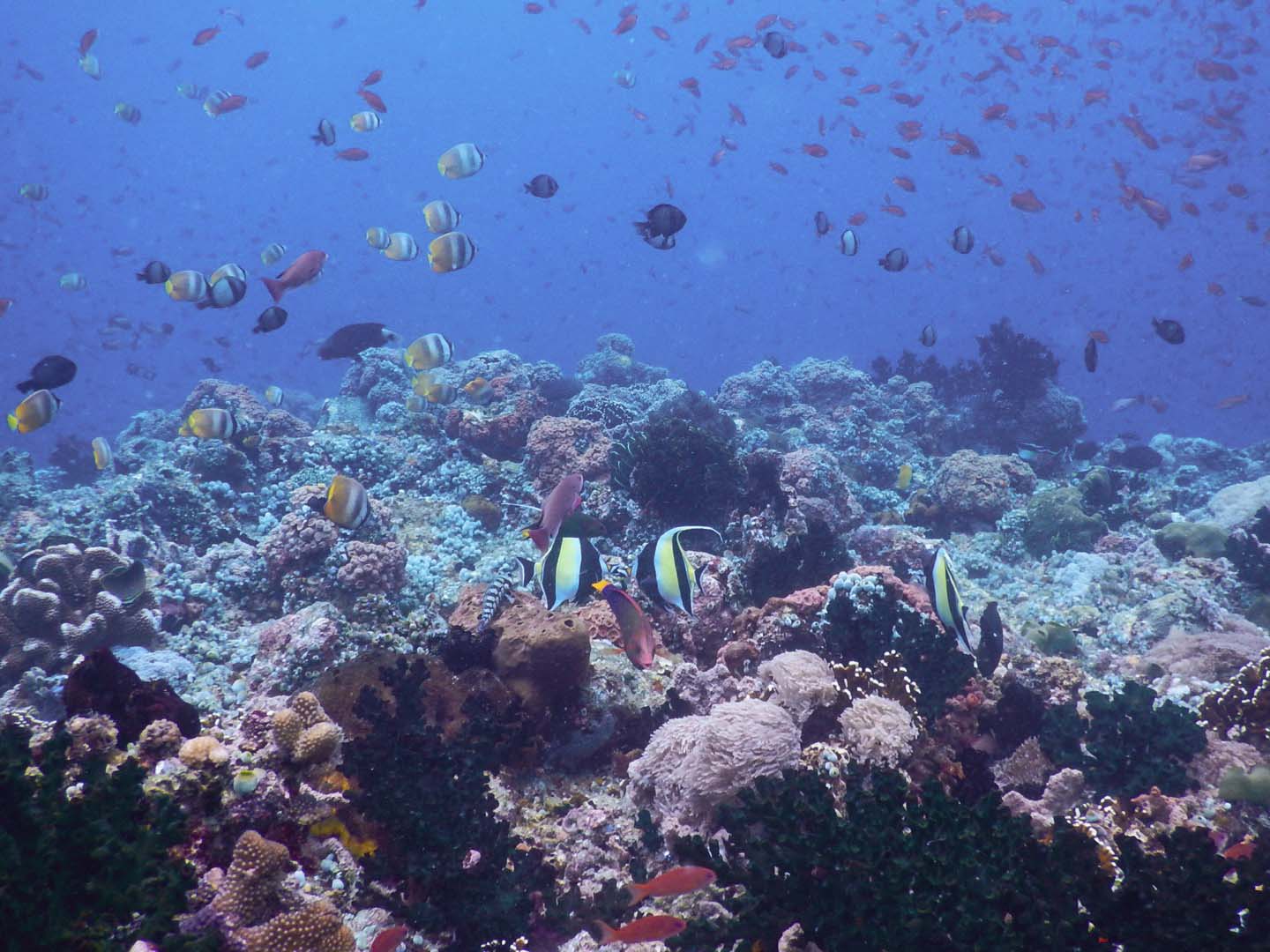The benefits of scuba diving are immense, offering not only an opportunity to explore the mysteries of underwater life but also to experience a unique sense of tranquility and weightlessness unlike anything on land. This adventurous activity promotes physical fitness, enhances mental well-being by reducing stress, and fosters a deep appreciation for marine ecosystems.
However, alongside these benefits come inherent risks and dangers for scuba divers. From the risk of decompression sickness to unexpected encounters with marine wildlife, divers face various challenges that underscore the importance of being well-prepared and insured.
Proper scuba diving insurance acts as a safety net, ensuring divers receive necessary medical treatments without the burden of exorbitant costs, thus allowing them to continue enjoying the remarkable benefits of scuba diving with peace of mind.
Scuba diving accidents can happen, even to the most experienced divers. In this post, we’ll dive deeper on why you should get diving insurance . Read on to find out!
1. Immediate Assistance During Medical Emergencies
One critical reason for obtaining scuba diving insurance is to secure you and your loved ones in case of medical emergencies.
Imagine a scenario where a diver experiences decompression sickness after a deep-sea exploration. Without proper insurance, the cost of hyperbaric oxygen therapy could be prohibitively expensive, potentially delaying critical treatment. Diving insurance can cover these treatments, ensuring that the diver receives immediate and necessary medical attention without worrying about the financial burden.
Another example could involve a diver suffering an injury in a remote location where advanced medical facilities are not available. In such cases, scuba diving insurance would cover the cost of medical evacuation to the nearest hospital capable of providing the requisite care, safeguarding the diver’s health and well-being.
It’s comforting to know that if an emergency occurs, your dive insurance will cover the costs of essential treatments, including hyperbaric chamber treatment or emergency evacuation from remote locations.
2. Safeguard Your Finances with Comprehensive Coverage
Accidents associated with scuba diving can quickly accumulate significant costs, from medical treatments to travel rearrangements. Scuba diving insurance mitigates these financial burdens, covering not only the diver but extending its protective reach to family and dependents. This forethought ensures your financial stability and spares you from the stress of overwhelming medical bills.
One of the stark realities facing divers without scuba insurance is the cost associated with hyperbaric chamber treatments, a common requirement for addressing decompression sickness. These treatments are not only crucial for recovery; they are also notably expensive.
According to DAN, a single session in a hyperbaric chamber can cost between $330 and $1,000. This doesn’t include medication and physician fees. And in many cases, a complete treatment requires multiple sessions so you can just imagine the escalated costs.
These figures highlight the substantial financial risk divers take when venturing without adequate insurance. Having scuba diving insurance with coverage for hyperbaric treatments can alleviate the financial burden, allowing divers to focus on their recovery and return to the waters they love with confidence.
3. Ensure Quick and Hassle-Free Equipment Replacement
Scuba gear represents a significant investment crucial for a safe and enjoyable diving experience. Insuring your equipment ensures that any unforeseen damage or loss is quickly addressed, preventing unexpected financial setbacks and allowing you to continue exploring the underwater wonders without pause.
In instances where scuba gear is lost at sea or damaged during a dive, the process of filing a claim and receiving compensation can significantly ease the burden on the diver. For example, a diver whose high-end underwater camera—worth thousands of dollars—is lost due to a faulty strap may find themselves at a significant financial loss.
With scuba equipment insurance, they can file a claim detailing the incident, and upon approval, receive compensation that covers the cost of replacement or repair. This means that events which could otherwise pause or end a diver’s passion due to financial strain become manageable setbacks.
Additionally, in cases where specialized gear, like a custom-made wetsuit or a uniquely configured breathing apparatus, is damaged, insurance coverage ensures that these personalized items can be replaced or repaired without imposing undue financial hardship on the diver. This support allows divers to maintain their focus on safety and exploration, rather than the potential financial repercussions of their adventures.
4. Protect Against Liability Claims
Another reason why you should get diving insurance is liability coverage. This shields you from being personally liable for accidents resulting in damage or injury to others. It fosters responsible diving practices and ensures that any legal or medical expenses arising from such incidents are covered.
For instance, imagine you’re on a group dive, and during an underwater exploration, you inadvertently kick up sand, reducing visibility for a fellow diver who then collides with a hidden rocky outcrop, suffering minor injuries. The affected diver might incur medical expenses or, in more severe cases, decide to pursue legal action against you for the accident.
Scuba diving insurance with liability coverage can step in this scenario, covering the injured party’s medical costs and any legal fees associated with the incident. This not only protects your financial well-being but also maintains the camaraderie and trust within the diving community, ensuring that accidents don’t lead to lasting financial or personal rifts.
5. Cover Trip Cancellations and Interruptions
Life’s unpredictability can lead to canceled or interrupted scuba adventures. Scuba diving insurance that encompasses trip cancellation and interruption coverage relieves you from the financial strain of non-refundable expenses, allowing you to plan your expeditions without apprehension.
Suppose you’ve booked a scuba diving trip to the Great Barrier Reef, including flights, accommodation, and a week’s worth of diving excursions. A week before your departure, a severe tropical storm hits the region, causing significant damage to infrastructure and making it unsafe for travel and scuba activities.
Without insurance, you’d face the loss of all your non-refundable bookings. However, with trip cancellation and interruption coverage, you can claim these expenses back from your scuba diving insurance provider. This means you can reschedule your dream diving trip without the financial burden of the unforeseen event weighing you down, providing peace of mind and the flexibility to adapt to life’s unpredictable nature.
6. Stay Prepared for Unforeseen Natural Disasters
Scuba diving adventures are not immune to the whims of nature. Scuba diving insurance ensures you’re prepared for natural disasters, covering prepaid, non-refundable expenses and providing support for emergency evacuations—mitigating the impact on your plans and safety.
Imagine you’ve planned a two-week scuba diving trip to the Philippines, a dream destination known for its exquisite coral reefs and abundant marine life. Your itinerary includes multiple boat dives, advanced scuba certification courses, and non-diving day activities. However, just as your trip commences, an unexpected typhoon sweeps through the region. This natural disaster not only disrupts your scuba plans but also necessitates an immediate evacuation from the islands to ensure your safety.
In such a scenario, having scuba diving insurance with coverage for natural disasters proves invaluable. It not only covers the financial losses from your prepaid, non-refundable bookings for dives and accommodations but also assists with the costs associated with emergency evacuation efforts.
Without this insurance, the financial impact of the typhoon — including the loss of your investment in the trip and the added costs of last-minute travel arrangements for evacuation — could be devastating. With it, however, you experience a level of security and financial protection, ensuring that the unforeseen natural disaster doesn’t turn your dream vacation into a financial nightmare.
7. Benefit From Emergency Evacuation Services
Emergency evacuation services are a hallmark of comprehensive scuba diving insurance, promising swift and adept response to ensure your safety. Beyond financial coverage, these services handle the complexities of evacuation logistics, allowing you to focus on recovery and continued exploration with peace of mind.
For instance, if during your evacuation from Fiji due to the cyclone, the nearest safe haven is another island or even a different country, comprehensive scuba diving insurance would coordinate and cover the emergency transport costs. This could include chartering a flight or arranging for sea transport if air travel is not feasible. Additionally, if you require medical attention or special care during the evacuation, the insurance would also manage these arrangements, ensuring you receive the necessary support swiftly. Another practical aspect is the provision of temporary accommodations if you’re unable to return home immediately due to ongoing travel disruptions. This aspect of the insurance eases the stress and uncertainty during such emergency situations, providing a structured support system to lean on.
Understanding Scuba Diving Insurance Coverage
To effectively leverage the benefits of scuba diving insurance, it’s essential to understand the coverage spectrum. The policy should ideally cover medical expenses arising from scuba accidents, hyperbaric chamber treatments, evacuation and transportation costs, lost or damaged equipment, and trip cancellations or interruptions.
Some insurances that you can look into are:
Selecting the appropriate scuba diving insurance hinges on several factors, including your specific needs, travel plans, and diving style. Therefore, it’s advisable to thoroughly analyze different plans and consult with experts if necessary before settling on a policy.


Need travel insurance for your trip? Get a quote from Safety Wing.
Conclusion
Scuba Diving Insurance is an inseparable part of a diver’s toolkit, ensuring safety, financial security, and peace of mind. It underscores the importance of preparedness for any diver seeking the thrill of underwater exploration. With the right coverage, divers can immerse themselves in the beauty of the aquatic world, free from the worry of potential risks.
As we hold true to the saying, “It’s better to have it and not need it than to need it and not have it,” securing comprehensive scuba diving insurance is a prudent step every diver should take.


